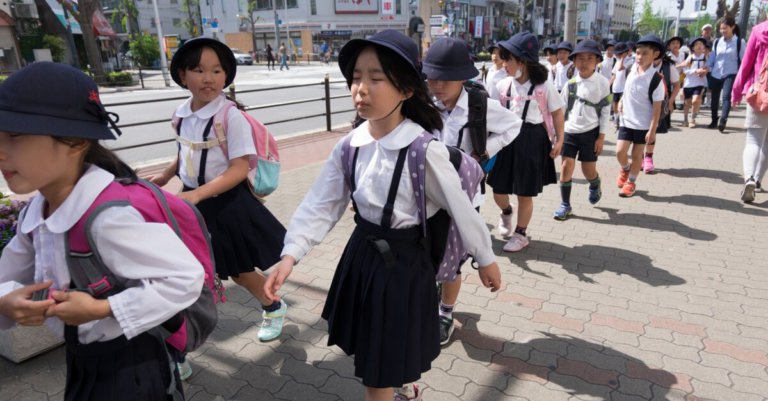
Tapping into a new and growing market for international education in Japan, Rugby School recently announced that it will open a sister school in the country.
Though there are already several international schools in Japan, including the new Jisenki International School, known as the first “British curriculum school in Japan” and set to open next year – British private and independent schools have not yet branched into the country.
While many branch campuses have been opened in countries such as China, Malaysia, Thailand and Singapore, where there is high demand for British-based international education, Japan is only just opening its doors to these types of schools.
So what about Rugby School?
We are thrilled to announce Rugby School Japan, to be opened in 2022; Rugby is the first British independent school to open a sister school in Japan – another connection between Rugby and Japan in 2019.
For more information go to: https://t.co/ucG4QYjGPH#wholepersonwholepoint pic.twitter.com/6rNjLCXDdH
— Rugby School (@RugbySchool1567) October 24, 2019
Rugby School is an established day and boarding school, founded in 1567. It’s one of the oldest independent schools in the country, located in Rugby, Warwickshire, England. The school is known as the birthplace of the popular rugby sport.
Peter Green, Headmaster of Rugby School, announced at a reception in Tokyo that Heads of Terms had been signed with an operating partner in Japan to enable the foundations to be laid for Rugby School Japan.
According to the website, “The school (the equivalent of a combined Junior High School and a High School in Japan) will have the capacity to educate 750 boys and girls, both as day students and boarders.
“It will be built in the Tokyo area, with an additional campus being considered in Kansai and enrichment campus on Hokkaido, where Rugbeians will spend time each year.”
Peter Green said, “Rugby School Japan will be an authentic interpretation of Rugby School England, sharing Rugby’s aims and ethos, but within – and mindful of – the cultural context of Japan.
“Everything we do at Rugby School is about encouraging the children in our care to develop into whole people, into well-rounded adults.
“While Rugby School is unashamedly academic, we believe that to help children to grow with confidence in themselves and curiosity about life they need to have as many opportunities as possible.
“Not just in the classroom but in music and drama and sport; in community activities and charitable projects; in exploration and in reflection. So I am very proud that our partners in Japan have chosen the Rugby School model for this new English-speaking school in Japan.’
Changing times for Japan’s educational landscape
Japan’s New International school gives children a global upbringing https://t.co/noxwzSK2Q1
— Financial Times (@FinancialTimes) December 13, 2017
The opening of this school comes at a time where increasing numbers of Japanese parents are seeking a more diverse education for their children, allowing them to adapt to international environments and learn English. That’s why so many choose to enrol their children in international schools.
Public school education in Japan still follows traditional models of education, such as rote learning, and is known to adhere to strict policies such as uniform regulations.
Although it is not technically legal for Japanese parents to enrol their children in international and foreign schools as they are meant for expatriate children, it remains somewhat of a legal grey area.
According to NikkeiAsianReview, “International schools, which typically conduct classes in English, are flourishing in Japan. The number of students at these schools has jumped about 30% in four years.
“The surge in enrollment reflects parents’ desire to improve their children’s English ability and prepare them to compete in a globalized workforce. The schools also serve Japan’s growing foreign population.
“Schools for foreign nationals, as their name suggests, are meant to provide an education to the children of non-Japanese. But regulations place these institutions in a separate category from public schools, meaning Japanese students’ attendance often technically falls outside the law.”
Rugby School Japan will officially open in Autumn 2022. Parents who are interested can sign up for updates via the website.
Liked this? Then you’ll love…
3 Japanese concepts that reshape your study style
The unique features of Asia’s first European-style boarding school







